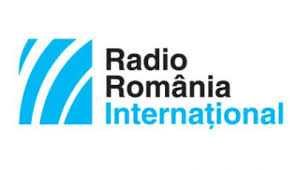Romania will receive 47 mln EUR for a project carried out by the state-owned company Romarm jointly with Germany. This is part of a financial assistance package worth 513 mln EUR disbursed by the European Commission to Member States, designed to help the European industry increase its production and preparation of ammunition. This will be a state-of-the-art factory on Romania’s territory, Marcel Ciolacu says, adding that the investment will total 400 mln EUR. According to our correspondent in Brussels, the EU disbursed the funds to co-finance 31 projects developed by Member States, resulting in a total investment of around 1.4 bln EUR in the supply chain. The budget allotted to Romania is the biggest of all the 31 winning projects, alongside a similar one carried out in France and Sweden.
This will the first installment of a 2-bln-EUR budget disbursed for the production of ammunition in order to strengthen the EU’s defense industry. The selected projects cover a number of areas, including explosives, powder, shells and missiles. According to Commission representatives, European annual production capacity for 155 mm shells had already reached 1 million per year in January 2024, and is expected to double by the end of 2025. The increase in production is expected to ensure additional artillery shells delivered to Ukraine to defend against Russian aggression, as well as to replenish the stocks of European states that delivered weapons and munitions to Ukraine. At the same time, the European Commission incentivizes Member States to jointly acquire defense products to ensure medium- and long-term predictability for the European military industry.
(Bogdan Matei, Radio Romania International)










